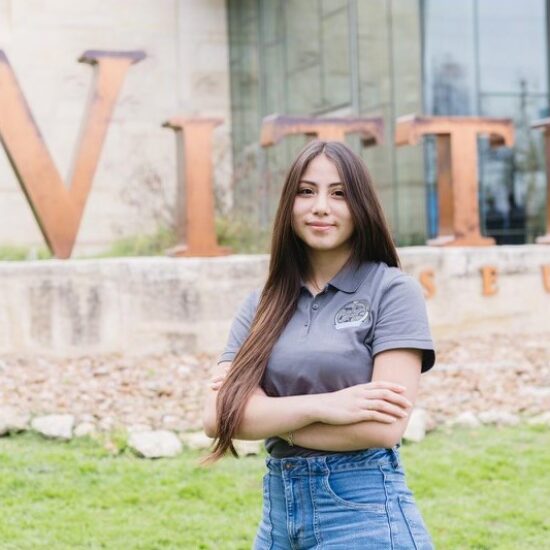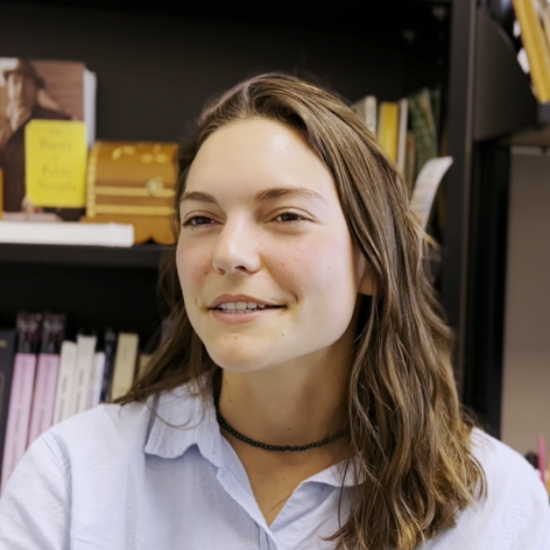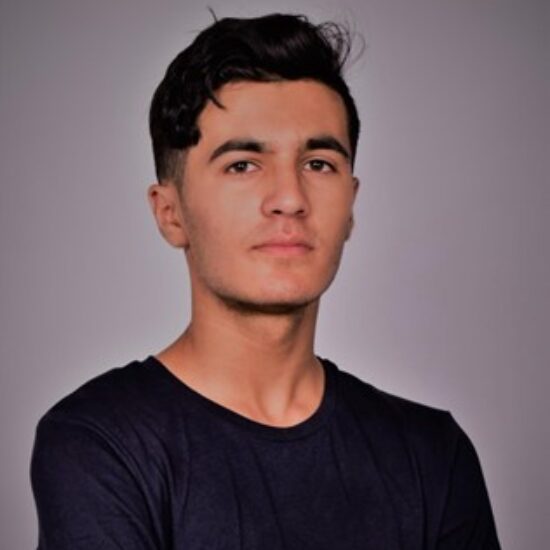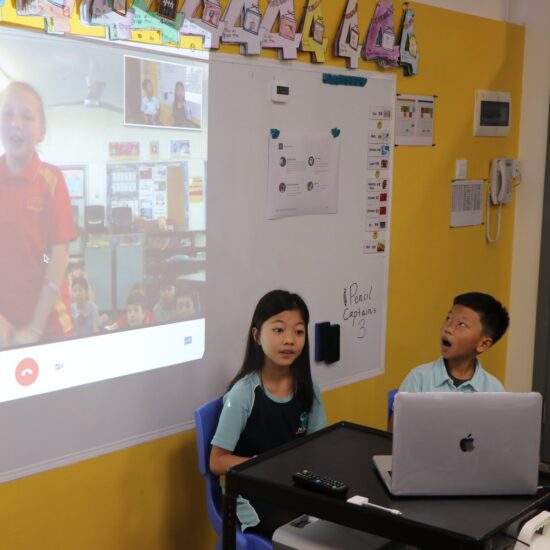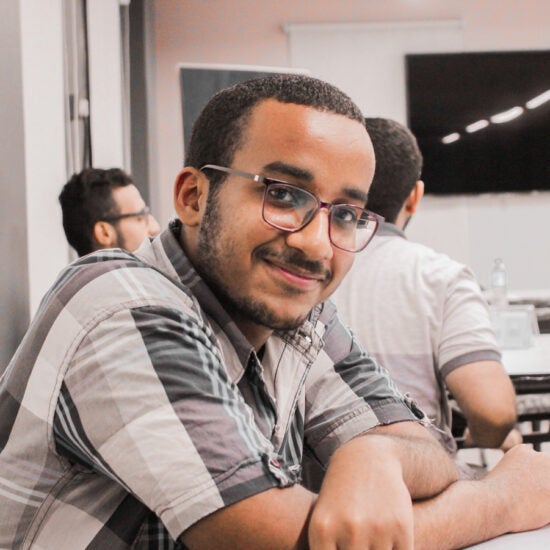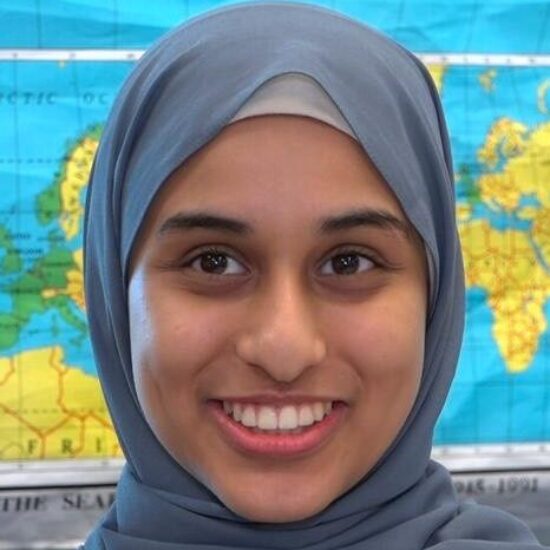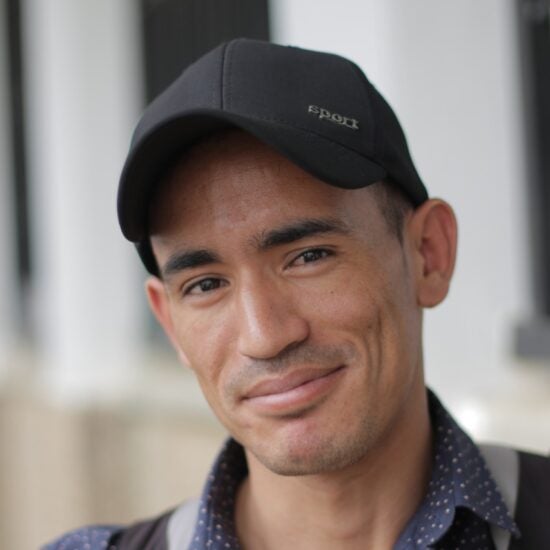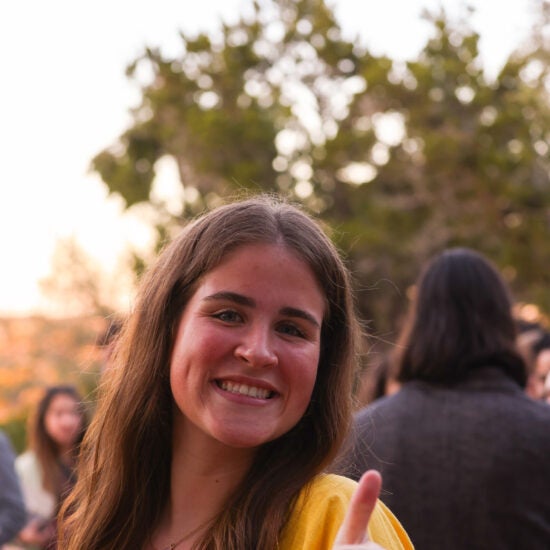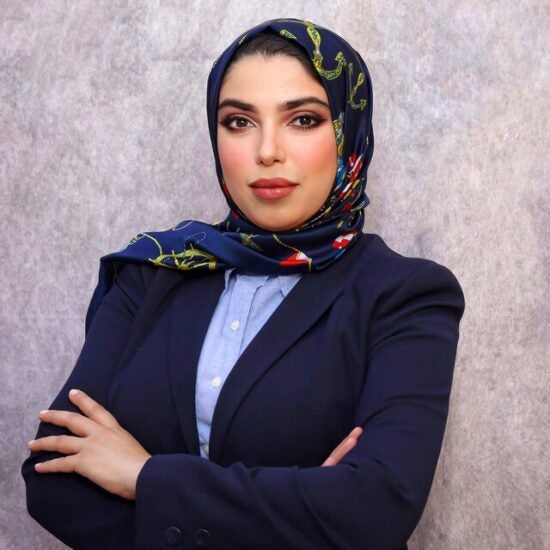Inspired by a virtual exchange with Iraqi youth, Turner Payne launched a project that is shattering stereotypes
Sixteen-year-old Turner Payne didn’t know very much about the Middle East before summer 2017. Though he was interested in world events, Payne didn’t have much opportunity to learn about the region’s history or culture as a high school freshman in Maryland. What he knew about it was what he’d learned from social media and TV news stories, which portrayed the Middle East as a place of conflict full of terror attacks and refugees.
All that changed when Payne joined the Digital Young Leaders Exchange Program (DYLEP), a virtual exchange program implemented by World Learning that connects teenagers from the US and Iraq. In addition to getting to know peers from another country, it’s designed to help them develop leadership skills, while fostering civic engagement and respect for diversity. DYLEP is supported by the Stevens Initiative, which is sponsored by the US Department of State and administered by the Aspen Institute. The Initiative is an international effort to build global competence and career readiness skills for young people in the United States, the Middle East, and North Africa.
Payne spent almost every day of the four-month program chatting online with Iraqi teenagers — his virtual “family” — learning about their culture and sharing his experiences with them. “I learned through DYLEP about how rich the Middle East is and how many different cultures and religions it has,” Payne says. He was surprised to find out, too, how much he had in common with his Iraqi family. “We connected on a very personal level because we shared the same interests and values like the love of travel, learning different languages, watching sports, eating good meals, and hanging out with family and friends. And that’s something I didn’t think would [happen with] someone from such a different area than me.”
